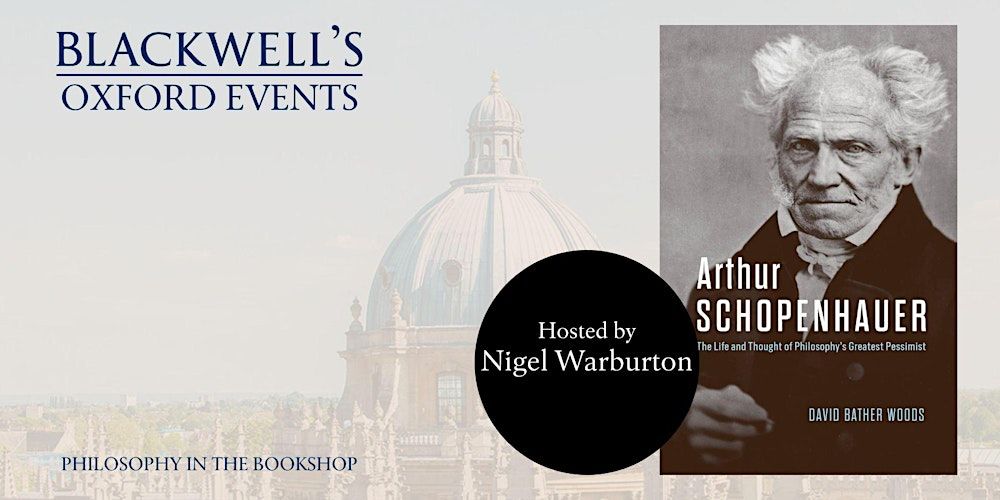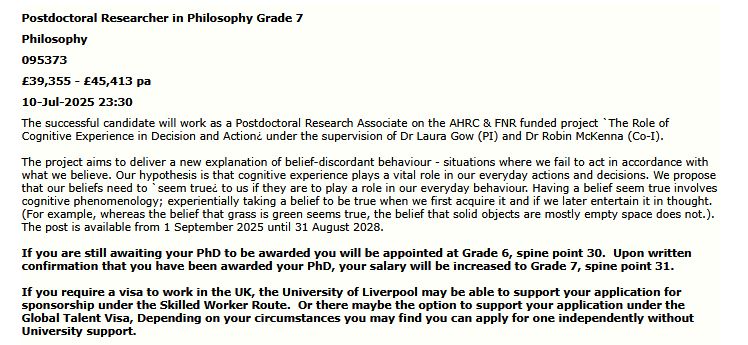
Alex Gregory
@alexgregory.bsky.social
220 followers
160 following
73 posts
Associate Professor in Philosophy, at Southampton, UK. Working on happiness, wellbeing, desire, metaethics, etc. http://alexgregory.name.
Posts
Media
Videos
Starter Packs
Reposted by Alex Gregory
Alex Gregory
@alexgregory.bsky.social
· Sep 4
Reposted by Alex Gregory
Alex Gregory
@alexgregory.bsky.social
· Aug 26
Reposted by Alex Gregory
Alex Gregory
@alexgregory.bsky.social
· Jun 18
Reposted by Alex Gregory
Kevin Zollman
@kevinzollman.com
· Jun 9
Alex Gregory
@alexgregory.bsky.social
· Jun 3
Philosophers of science: please come up with a way of talking about discovering natural kinds that's less gross than "carving nature at its joints." #philsky
Reposted by Alex Gregory
Ethan Landes
@ethanlandes.bsky.social
· May 30
Reposted by Alex Gregory
Alex Gregory
@alexgregory.bsky.social
· May 22

Alex Gregory, Take In Your Hen: Fittingness and Hedonic Adaptation - PhilPapers
Humans have a strong tendency to hedonically adapt to their circumstances, so that something that once brought joy eventually brings only indifference. Does this tendency guarantee a kind of failure o...
philpapers.org
Alex Gregory
@alexgregory.bsky.social
· May 22
Reposted by Alex Gregory
Kenneth Black
@kennethblack.bsky.social
· May 20
I have a vague idea of what measles is but literally all I know about mumps and rubella is that they’re in a vaccine with measles
Reposted by Alex Gregory
Alex Gregory
@alexgregory.bsky.social
· May 15
Alex Gregory
@alexgregory.bsky.social
· May 15
Alex Gregory
@alexgregory.bsky.social
· May 15
Reposted by Alex Gregory
Alex Gregory
@alexgregory.bsky.social
· May 1






